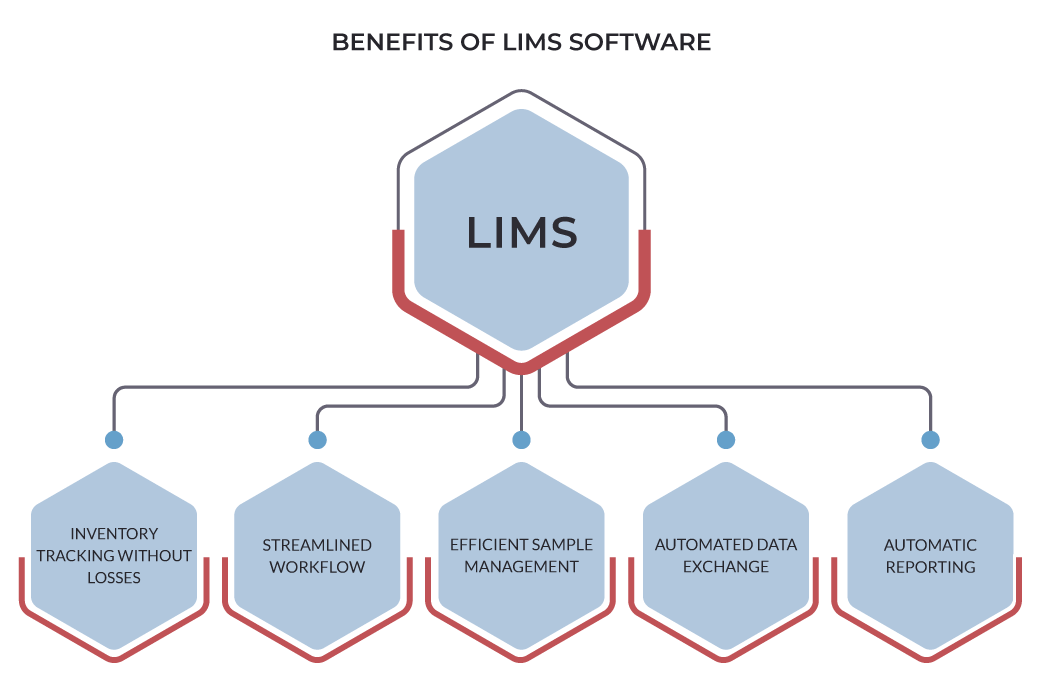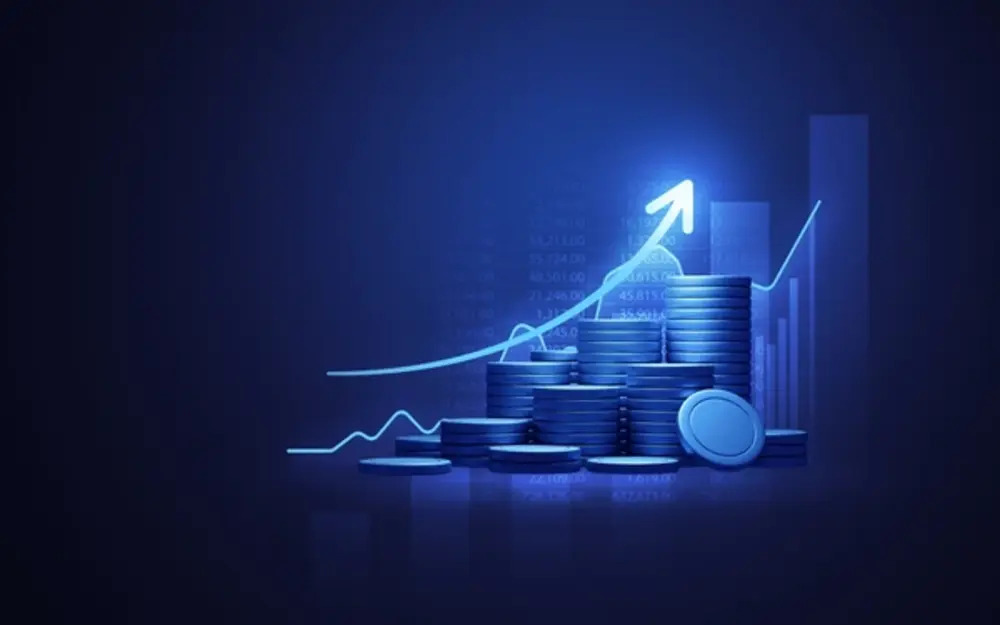
Economics
Economics is the social science that studies the production,
distribution, and consumption of goods and services.
Economics focuses on the behaviour and interactions of
economic agents and how economies work. Microeconomics analyzes basic elements
in the economy, including individual agents and markets, their interactions,
and the outcomes of interactions. Individual agents may include, for example,
households, firms, buyers, and sellers. Macroeconomics analyzes the economy as
a system where production, consumption, saving, and investment interact, and
factors affecting it: employment of the resources of labour, capital, and land,
currency inflation, economic growth, and public policies that have impact on
these elements.
Other broad distinctions within economics include those
between positive economics, describing "what is", and normative
economics, advocating "what ought to be"; between economic theory and
applied economics; between rational and behavioural economics; and between
mainstream economics and heterodox economics.
Mainstream economic theory relies upon a priori quantitative
economic models, which employ a variety of concepts. Theory typically proceeds
with an assumption of ceteris paribus, which means holding constant explanatory
variables other than the one under consideration. When creating theories, the
objective is to find ones which are at least as simple in information
requirements, more precise in predictions, and more fruitful in generating
additional research than prior theories. While neoclassical economic theory
constitutes both the dominant or orthodox theoretical as well as methodological
framework, economic theory can also take the form of other schools of thought
such as in heterodox economic theories.
In microeconomics, principal concepts include supply and
demand, marginalism, rational choice theory, opportunity cost, budget
constraints, utility, and the theory of the firm. Early macroeconomic models
focused on modelling the relationships between aggregate variables, but as the
relationships appeared to change over time macroeconomists, including new
Keynesians, reformulated their models in microfoundations.
- National Income and Related Aggregates
- Money and Banking
- Determination of Income and Employment
- Government Budget and the Economy
- Mathematical Methods for Economics
- Macroeconomics
- Development Economics
- Economics of Health and Education
- Applied Econometrics
- Political Economy
- Money and Financial Markets
- Public Economics
- Comparative Economic Development
- Financial Economics
- Environmental Economics
- International Economics
- Monetary Economics
- Agricultural Economics
- Labour Economics
- Industrial Economics
- Business Economics
- Banking Economics
- Developmental Economics
- Rural Economics and Rural Development
- Econometrics
Recent Published
Submit Manuscript
To give your manuscript the best chance of publication, follow these policies and formatting guidelines.


